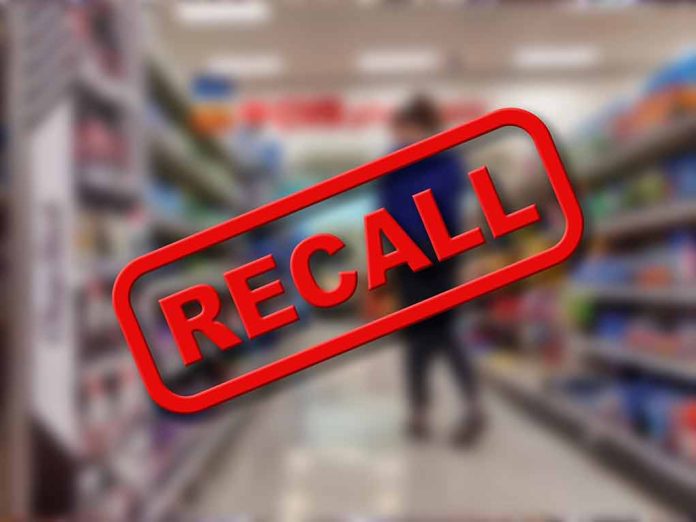
Over 13,000 mistakenly labeled cans of Minute Maid Zero Sugar Lemonade have prompted a serious recall, raising concerns for diabetic consumers.
At a Glance
- 13,152 cases of Minute Maid Zero Sugar Lemonade are recalled due to mislabeling as regular lemonade with sugar.
- The FDA has issued a Class II recall, indicating potential health issues for consumers, especially diabetics.
- Distributed in Indiana, Kentucky, and Ohio, the recall pinpoint findings in outer packaging errors.
- Mislabeling errors contribute to nearly 10% of FDA recalls between 2020 and 2024.
Labeling Error Sparks Health Concerns
More than 13,000 cans of Minute Maid Zero Sugar Lemonade face recalls due to a packing error. Instead of unsweetened cans, they contain sugar-sweetened lemonade. This affects consumers, especially those reliant on sugar-free diets such as diabetics. The FDA categorizes this recall as Class II, signaling potentially reversible health risks. Available in Indiana, Kentucky, and Ohio, the issue presents a significant threat to those managing their sugar intake. The problem resides not in individual can labeling but in the outer packaging cartons.
Mislabeled Minute Maid Zero Sugar Lemonade offers a broader conversation on food safety and consumer protections. Misleading labeling accounted for nearly 10% of all product recalls from 2020 to 2024. While less severe than the Class I level, which suggests the risk of serious health problems or death, Class II recalls demand swift action to avoid dangerous consumption. Recent incidents heighten awareness of deficiencies in food safety protocols.
Coca-Cola’s Troubles Extend Beyond Labeling
Minute Maid, owned by Coca-Cola, is no stranger to recalls. In November 2021, foreign materials prompted another Class II recall. Recalls for undeclared allergens, pathogens, and foreign objects remain high on the FDA’s watchlist. Coca Cola’s ongoing commitment to health and safety practices faces scrutiny, reinforcing this issue’s severity. Consumers are directed not to sell or serve affected cans, returning them for refunds or replacements.
Minute Maid’s recent recall ties into more significant legal disputes, notably involving claims of deceptive practices. A class-action lawsuit accuses Coca-Cola of misleading health claims about its Minute Maid juices. Reports suggest processed juices elevate sugar levels compared to natural fruits, negatively impacting health. Coca-Cola must address these allegations to prove its dedication to truthful advertising and consumer protection.
Growing Trends in Food Recalls
FDA and FSIS stats expose an upward trajectory in food recalls by over 20% from 2020-2023. Year-on-year increases in Class I cases heighten awareness of faulty labeling’s risks. Coca-Cola’s voluntary recall of 12 oz Minute Maid cans highlights ongoing industry concerns. Brands must provide clear labeling and adhere to safety standards or risk compromising consumer trust. This recall emphasizes the essential role of accuracy and responsibility in product labeling.
Coca-Cola’s swift response illustrates their commitment to remove any health threats. Ongoing scrutiny creates urgency to align advertising with authentic product attributes. Resolving production errors will maintain consumer confidence and verify adherence to declared zero-sugar standards, adding relief for health-conscious customers.
Sources:
Lemonade Recall Update As FDA Sets Risk Level
Minute Maid Lemonade recalled after being incorrectly labeled as Zero Sugar
Coca-Cola class action claims Minute Maid juice not actually healthy
Minute Maid products recalled in 8 states over concerns of metal pieces
Minute Maid Lemonade Zero Sugar Drink, Lemonade













